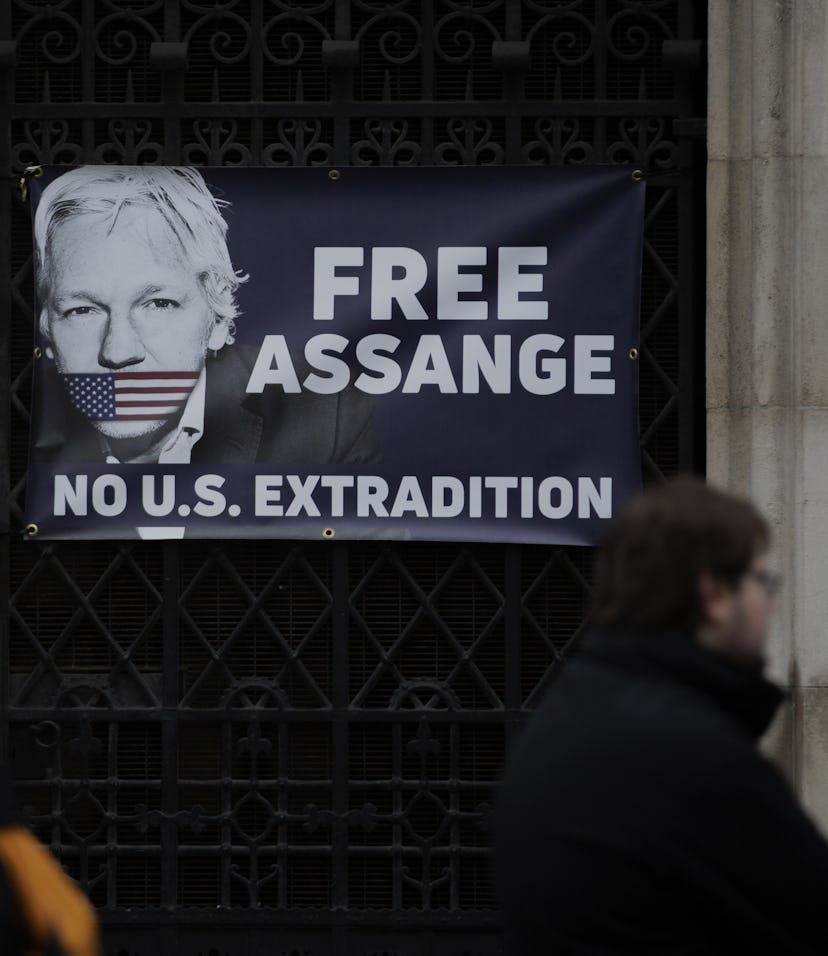Wikileaks
U.K. court allows Julian Assange to seek extradition appeal
The Wikileaks drama never ends.

The ongoing Julian Assange saga got its latest dramatic twist earlier today when the U.K.’s High Court ruled that the Wikileaks founder could seek an appeal to last year’s American extradition ruling. Assange has argued that his situation “has points that Supreme Court justices may want to consider ahead of the U.K. extraditing him,” according to a report from CNET.
The controversial political figure has been held in Belmarsh Prison since being evicted from a 7-year Ecuadorian Embassy asylum residency in 2019. The court’s newest decision in no way guarantees Assange’s hopes, but simply allows for the country’s Supreme Court to weigh whether or not they will even consider his case.
A High Court reversal — Although a High Court judge is responsible for last year’s decision to allow extradition, the larger legal body appears open to Assange’s arguments for reconsidering his situation. In particular, Assange questions the circumstances surrounding U.S. assurances regarding the treatment he would face in American prison, were he to be extradited there.
Those promises include not housing Assange in a Colorado supermax prison, subjecting him to “special administrative measures,” clinical and psychological treatment, as well as the possibility for Australia to apply to let him serve out his term in his home country. Although Assange could be handed up to a 175-year term, U.S. officials have offered that he most likely would “only” face between 4 and 6 years in prison.
A question of timing — Assange apparently takes issue with “circumstances” surrounding American and British discussions regarding his potential extradition. “We now hope that the Supreme Court will grant leave to appeal on the certified issue concerning at what stage in extradition proceedings should such assurances be submitted and considered,” Amnesty International's Deputy Research Director for Europe Massimo Moratti said in a public statement, adding, “If the question of torture and other ill-treatment is not of general public importance, what is?"